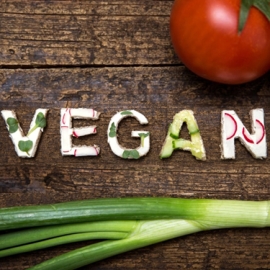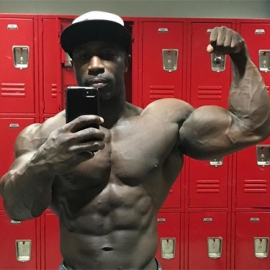 The human body is 65%-70% water. Every system in the body needs water to function properly. Water helps lubricate the joints, prevent infection, and delivers nutrients to the body’s cells. The kidneys and liver need water to rid the body of toxins. Just a few days without water and you could be a goner. Here’s a list of the benefits of being properly hydrated:
The human body is 65%-70% water. Every system in the body needs water to function properly. Water helps lubricate the joints, prevent infection, and delivers nutrients to the body’s cells. The kidneys and liver need water to rid the body of toxins. Just a few days without water and you could be a goner. Here’s a list of the benefits of being properly hydrated:
- Increases energy
- Prevents cramps
- Stops headaches
- Maintain regularity
- Improves skin complexion
- Flushes out toxins
- Aids in weight loss
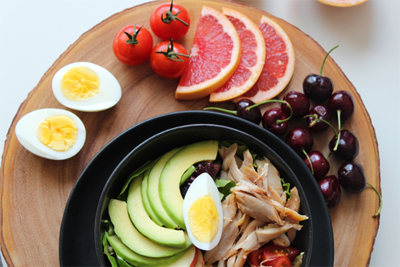 Let’s go back to number 7; you can really give your weight lose a boost by drinking water only on most days. Some have lost up to 30lbs in a month by eliminating sugary juices and sodas. Next let’s take a look at nutrition and supplementation.
Let’s go back to number 7; you can really give your weight lose a boost by drinking water only on most days. Some have lost up to 30lbs in a month by eliminating sugary juices and sodas. Next let’s take a look at nutrition and supplementation.
Nutrition is defined as the process of providing or obtaining the food necessary for health and growth. Take a minute and think about the last few meals and beverages you’ve ingested. Did those meals and beverages promote health and growth? If not, that is perfectly fine. Don’t beat yourself up about it. Many don’t know where to begin when it comes to nutrition. A good start would be to read each and every food label. This will ensure that you know exactly what you’re putting in your body. Seem too time consuming? Just think about the years you’ll add to your Life by simply reading the labels! When reading the label, pay close attention to carbs, fats, and protein. Be sure that food you eat is not processed, or minimally processed. To keep it simple when reading the label look for carbohydrates (carbs), fats, and protein.
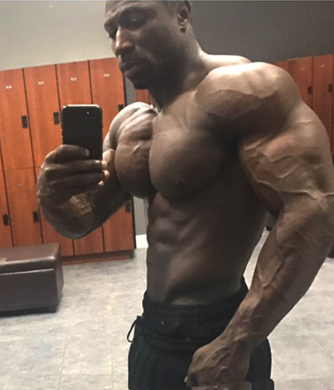 Protein is a nutrient that is made up of amino acids joined together and is essential for normal cell structure, and is a necessary part of the diet. Eat lean sources of protein (ground white turkey breast, lean grass fed beef, chicken breast or chicken thighs, fish, eggs, lentils, beans) if you desire to build lean muscle or maintain low body fat. Your daily protein intake should be 1 gram per each pound of body weight.
Protein is a nutrient that is made up of amino acids joined together and is essential for normal cell structure, and is a necessary part of the diet. Eat lean sources of protein (ground white turkey breast, lean grass fed beef, chicken breast or chicken thighs, fish, eggs, lentils, beans) if you desire to build lean muscle or maintain low body fat. Your daily protein intake should be 1 gram per each pound of body weight.
Carbohydrates are organic compounds occurring in foods and living tissue including sugars, starches, and cellulose. They contain hydrogen and oxygen in the same ratio as water 2:1 and typically can be broken down to release energy into the body. Try to avoid carbs that are at the high end of the glycemic index and even some that aren’t as high.
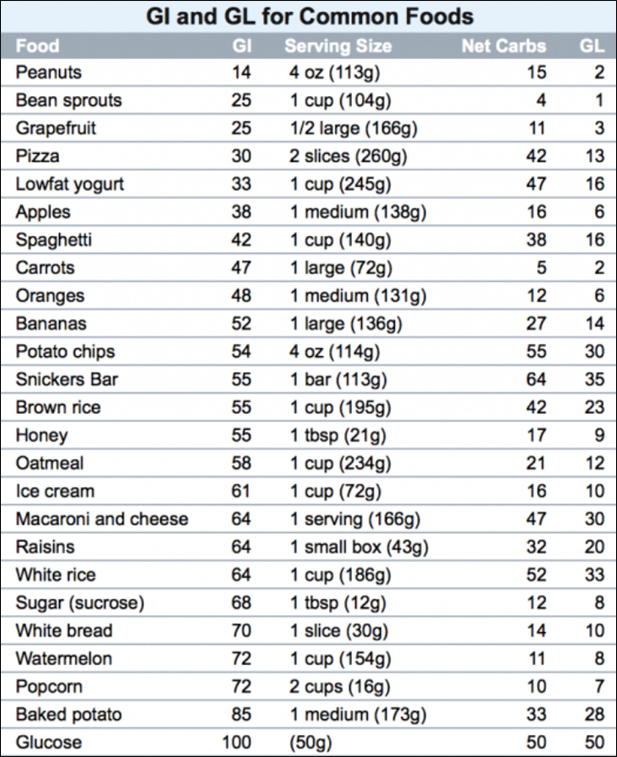
Go for carbohydrates like quinoa, sweet potatoes, brown rice, oatmeal, and jasmine rice. These are better options. Carbohydrate intake should be approximately 1 to 2 grams of carbs per lb. of body weight.
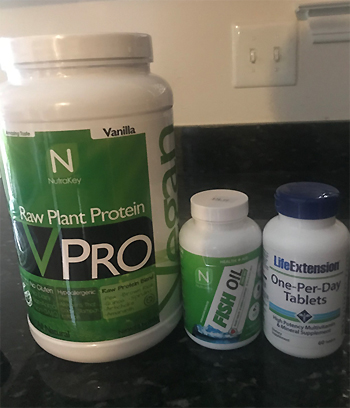 Fat is a naturally oily or greasy substance occurring in the body especially when deposited as a layer under the skin or around certain organs. The fats you should include in your diet are the omega fats that come from food sources like avocado, salmon, and olive oil. These fats help reduce LDL cholesterol (bad cholesterol that clog your arteries), benefit blood sugar levels, and decrease risk of Type 2 diabetes. These fats even help with brain function! You can also use supplementation to get the nutrients you aren’t getting through your diet or food you eat daily. Fish oil for omega fats, digestive enzymes and probiotics for digestive health, protein, and last but not least a multivitamin are all supplements healthy adults should be taking.
Fat is a naturally oily or greasy substance occurring in the body especially when deposited as a layer under the skin or around certain organs. The fats you should include in your diet are the omega fats that come from food sources like avocado, salmon, and olive oil. These fats help reduce LDL cholesterol (bad cholesterol that clog your arteries), benefit blood sugar levels, and decrease risk of Type 2 diabetes. These fats even help with brain function! You can also use supplementation to get the nutrients you aren’t getting through your diet or food you eat daily. Fish oil for omega fats, digestive enzymes and probiotics for digestive health, protein, and last but not least a multivitamin are all supplements healthy adults should be taking.

